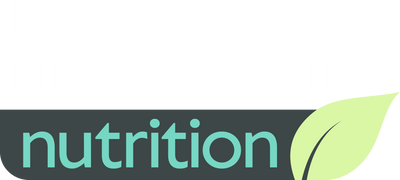Collagen facts - what is it and what types are there?
April 23, 2021
Collagen is a protein that is found in many parts of the body, including the cartilage between bones. Since collagen is made up of amino acids, the building blocks of protein, it has been hypothesized that the body can use the amino acids in collagen supplements to protect and rebuild joint cartilage that has been damaged by osteoarthritis (OA) and rheumatoid arthritis (RA). The research on the effectiveness of collagen in these conditions is mixed but shows promise.
What Is Collagen?
Collagen is known as the most abundant protein in the body. It is the main component of the body’s connective tissues, and can be found in skin, bones, cartilage, tendons, and teeth. Tough bundles of collagen, called collagen fibres, support most of the body’s tissues, and can be found inside and outside cells.
The word "collagen" comes from the Greek word for glue because it acts as a glue between cells and provides structure to the body's organs. For this reason, a drop in collagen levels in the body will cause the skin to lose its shape. Many people therefore take collagen supplements to preserve their skin health. Similarly, low collagen levels can loosen cartilage and tendons, making them more vulnerable to injuries.
What Is Cartilage?
Cartilage is the tough, flexible tissue that covers the ends of your bones at a joint. It also gives shape and support to your ears, nose, and windpipe. Healthy cartilage allows your bones to glide over each other and prevents bones from rubbing against each other.
Types of Collagen
Natural Collagen
There are 16 types of collagen, with the most common types in the body being:
Type I: Found in skin, tendons, internal organs, and the non-mineral parts of the bone
Type II: Found in cartilage, allowing cartilage to be springy and cushioning the stress on joints
Type III: Found in the liver, bone marrow, and lymphoid
These three types of collagen make up 80% to 90% of the collagen in the body.4
Collagen Supplements
Collagen supplements also come in three types:
Gelatin
Hydrolyzed
Undernatured
Gelatin and hydrolysed collagen have been broken down from large proteins to smaller bits. When collagen is boiled for a long time, it turns into Gelatin. Collagen can be further pre-digested into its basic amino acids, and is called collagen hydrolysate, hydrolysed Gelatin, collagen peptides, or hydrolysed collagen.
Undenatured collagen is not broken down into smaller proteins or amino acids. Undenatured type II collagen (UC-II) is not intended to be used by the body as a collagen rebuilder.
Also in Health

Can collagen help with weight loss?
October 08, 2025
Collagen supplements have surged in popularity over recent years, with many people turning to these protein-rich powders and capsules for healthier skin, stronger joints, and improved overall wellness. But alongside these well-documented benefits, a new question has emerged: can collagen actually help with weight loss?

Can collagen supplements make you fat?
September 22, 2025
Worried collagen might cause weight gain? Discover the truth about calories, muscle growth, appetite control, and hidden additives in collagen supplements.
Sign up to get the latest on sales, new releases and more…


